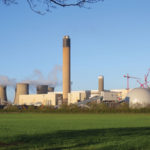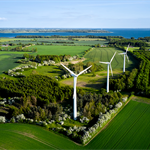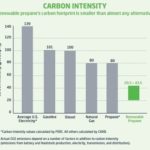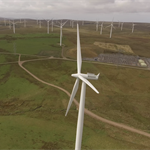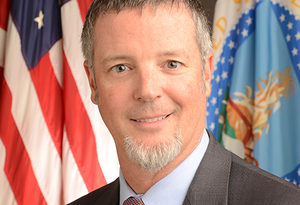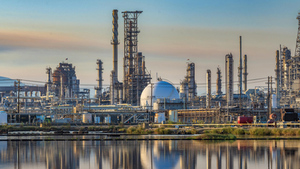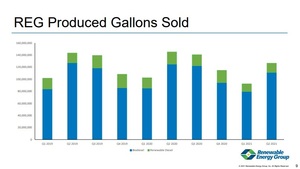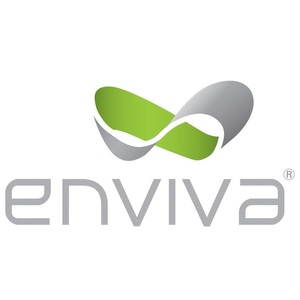British Columbia takes action to increase use of renewable gas
Energy Disrupter
ADVERTISEMENT
The government of British Columbia on July 2 announced it has amended its Greenhouse Gas Reduction Regulation to increase the production and use of renewable gas and green and waste hydrogen within the province.
According to the B.C. Ministry of Energy, Mines and Low Carbon Innovation, changes to the GGRR will allow natural gas utilities to increase the amount of renewable natural gas (RNG), green and waste hydrogen and other renewable energy they can acquire and make available to their customers.
Specifically, the changes increase the amount of renewable gas utilities can acquire and supply from 5 percent to 15 percent of their total annual supply of natural gas. The updated regulation also broadens the methods by which utilities can obtain hydrogen, RNG and other renewable gases to include producing it or upgrading it themselves, paying a third party to produce or upgrade the gas, or purchasing hydrogen, synthesis gas or lignin to displace the use of natural gas at customers facilities. In addition, the changes allow the current price cap of $30 per gigajoule that utilities can pay to acquire any of these fuels to increase with inflation and enable utilities to acquire and supply green and waste hydrogen, synthesis gas and lignin.
According to the B.C. government, the changes will help achieve CleanBC objectives, which commit to a 15 percent renewable gas content in the natural gas system by 2030.
Additional information is available on the Ministry of Energy, Mines and Low Carbon Innovation’s website.




